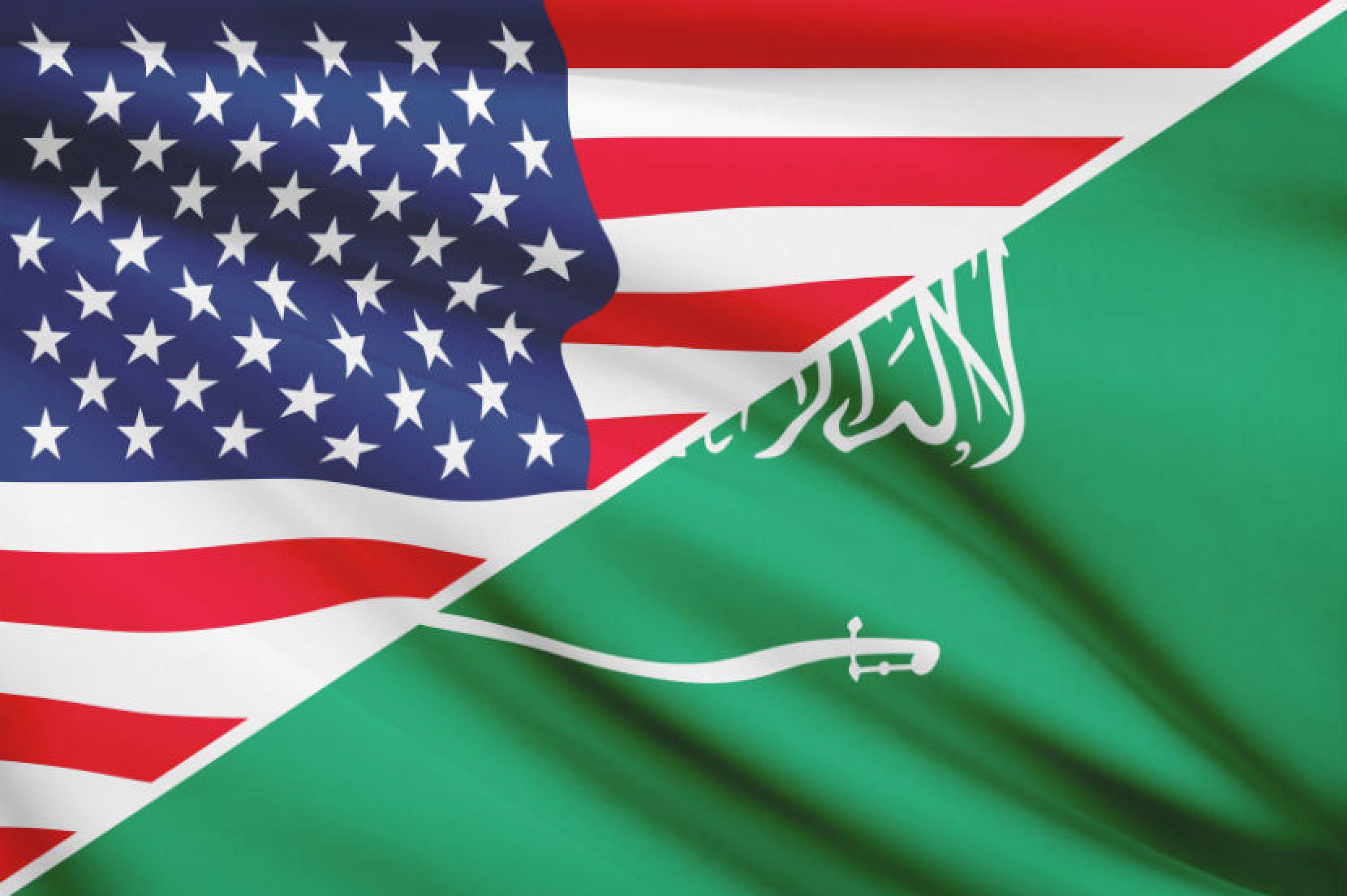By: Patrick Wheat

Source: BBC
At the close of 2013, the turmoil in the Middle East became more intense with a strong push for territory in Iraq by the forces of the Islamic State of Iraq and al-Sham (ISIS). ISIS successfully captured two cities in the Anbar province of Iraq under the claim of creating a new Islamic Empire, further proving that the hopes of a peaceful security regime in the Middle East after the United States pulled out of Iraq in 2011 have all but evaporated.
Different militant groups have been active in Iraq and Syria for the past several years, with a marked increase in Syria as a result of the revolution against regime of Syrian President Bashar al-Assad. One of several Al-Queda affiliated groups in the region, ISIS, while only five years old has been cited as one of the most ruthless actors involved in the Syrian Civil War. While ISIS is active within both Syria and Iraq, the forces within Iraq have been marginally more successful in their goals by being able to capture and hold significant amounts of territory in the Anbar province. Although ISIS is not the largest extremist group involved in the current violence in Iraq, with approximately 7,000 fighters in their organization, they are considered a major threat due to their inclination toward extreme violence against both civilians and opposing forces.
ISIS forces were able to seize control of the cities of Fallujah and Ramadi in the Anbar province of Iraq at the end of December, expanding their power base to allow for more direct conflicts with the government of Prime Minister Nouri al-Maliki. Al-Maliki has been noted for his policy of discrimination against the Sunni population since being elected in 2006, which has created the opportunity for militant groups to rally popular support.
However, the recent gains made by ISIS in Iraq are likely to be reversed in coming months. While their initial incursions against the government were heralded by the people of Iraq as “conquering heroes”, the tactics used since then have caused the public opinion to turn against the forces of ISIS. One of the key turning points in this shift of public opinion was the torture and murder of Ahrar al-Sham, a doctor and commander of a Salafist rebel group that had been a strong ally to ISIS. The final provocation that caused the public to abandon ISIS is the abduction of five employees of Médecins Sans Frontières, a French-founded charity aimed at providing medical support to people in war torn countries. Given that Médecins Sans Frontières was one of the few charities still willing to work in the region, this abduction is unlikely to bolster the already stumbling perception of ISIS to the people of Iraq.
Since ISIS forces took over the cities of Fallujah and Ramadi, the Syrian Observatory for Human Rights estimates that more than 270 lives have been lost due to a combination of infighting and combat between different extremist groups who believe that ISIS has gone too far in its indiscriminate attacks. Even attempts by the al-Nusra Front, the largest Al-Queda affiliate group in the region with more than 15,000 troops, to establish a joint force to better operate in Syria have been ignored in favor of ISIS commanders continuing their brutal tactics against any who they deem to be enemies. The sharp increase in violence has given the Iraqi government the chance to respond against the allegations that they are only serving the interests of Shiite populations.
There are additional concerns that unless the Iraqi government is willing to completely commit to military action against ISIS, there is a strong probability that a majority of ISIS forces will simply be able to escape across the Syrian Border according to Stephan Rosiny, a Middle East expert at the German Institute of Global and Area Studies. “’The Syrian-Iraqi border runs along hundreds of kilometers of desert, that’s an area that can hardly be monitored,’ he said, adding that many jihadists crossed the border into Syria after the US invasion in Iraq. ‘Since 2011, they’ve been moving in the opposite direction, from Iraq to Syria.’”
While the physical future of ISIS seems uncertain, there are a few assumptions that can be made based on ISIS’ past behavior. Since the group is using more extreme tactics, it is safe to assume that the various terrorist cells not affiliated with ISIS will also take steps to combat ISIS extremists. Such extreme use of violence against non-combatants will also provide the Iraqi and Syrian governments the incentive necessary to take serious steps against ISIS. Finally, it can be postulated that continued use of extremist tactics will allow for both Iraqi and Syrian citizens to continue their clear opposition to groups such as ISIS that are willing to use violence indiscriminately until they lose the vital support needed to maintain control of the Anbar province.
By resorting to more extreme methods than similar organizations, ISIS was effective in securing control of Fallujah and Ramadi and in supporting Syrian rebel groups in the civil war against the Assad regime. However, the short term effectiveness of these tactics is likely to be outweighed due to the incentive these tactics have now given the government of Iraq to stop the severe violence plaguing their countries. The violence that the people of Syria and Iraq have been subjected to due to these groups can only fan the fires of hope and will give them the incentive to reclaim their towns and provinces from murders and extremists before they lose any chance of peace in the future.

